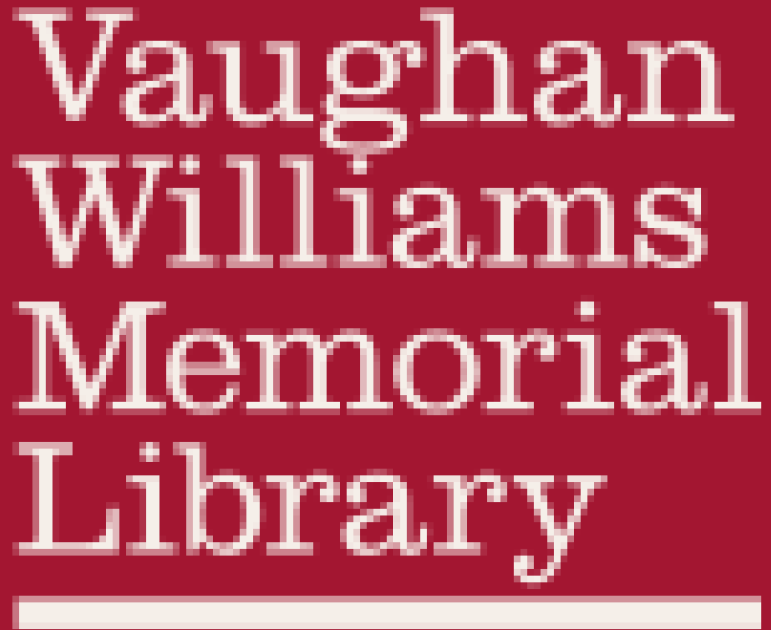Pat Shaw (1917-1977)
Pat Shaw was one of the foremost composers and collectors of folk songs and dances of the twentieth century. Through his performances, his teaching and his collecting trips, Pat became a popular and committed ambassador for the folk music tradition.
Pat was born Patrick Noel Shuldham-Shaw, into a musical family. His mother was Winifred Holloway ("Holly"), a singer and also an accomplished harpsichord, piano and clavichord player. A close friend of Cecil Sharp, Winifred was active in the folk song and dance revival during the 1910s and on Sharp's death in 1924 became the honorary secretary of the Cecil Sharp Memorial Fund. The fund was responsible for the building of Cecil Sharp House, which remains the home of the English Folk Dance and Song Society (EFDSS).
Pat first developed his interest in music during his school days at Harrow in the 1930s, and was already composing dances by the time he was thirteen. He started writing down his tunes in a manuscript book, beginning with My Boy Willie when he was serving in the fire service in Birmingham in 1942. Throughout his career he wrote many original folk tunes, ranging from simple catches and rounds, to carols and complete scores. Many of his dances were created to commemorate events in the lives of his many friends and colleagues in the world of folk music and dance.
Pat undertook many collecting trips to different countries to note and preserve their traditional tunes and dances. He maintained long associations with the folk community on the Shetland Islands, with the Welsh Folk Dance Society and with the Nederlandse Volksdans Stitching, the Dutch folk dance society known for their enjoyment of English dances. Through his historical research Pat became an authority on the English Country Dance, and challenged some of Cecil Sharp's notations of country dances. Many of Pat's dance creations and discoveries were trialled with help from local dancing groups, most notably the Whirligigs, led by Marjorie Fennessy.
Pat promoted traditional music, most notably through events at Cecil Sharp House and as part of the Sing for Pleasure initiative, and was a skilled dancer of morris, sword and country dances. Pat took part in EFDSS displays across Europe and South Africa, as well as the annual folk festival at the Royal Albert Hall. In addition to performing, Pat often acted as producer or musical arranger.
Pat visited the USA in 1974, to teach country dancing at Pinewoods Dance Camp in Massachusetts. This is considered a watershed moment in the teaching of English dances in America. His commitment to Pinewoods included the creation of booklets of dances to raise funds for the camp. He also took part in radio broadcasts from the 1940s onwards, and features on numerous recordings, including many albums of songs for children.
In 1971 Pat was honoured with the EFDSS Gold Badge Award for his outstanding contribution to the study and promotion of folk music. At around this time, he began working for the School of Scottish Studies on a project to create an eight-volume publication on the Greig-Duncan Folk Song Collection. Pat died suddenly from a heart attack in 1977, shortly before his sixtieth birthday.


